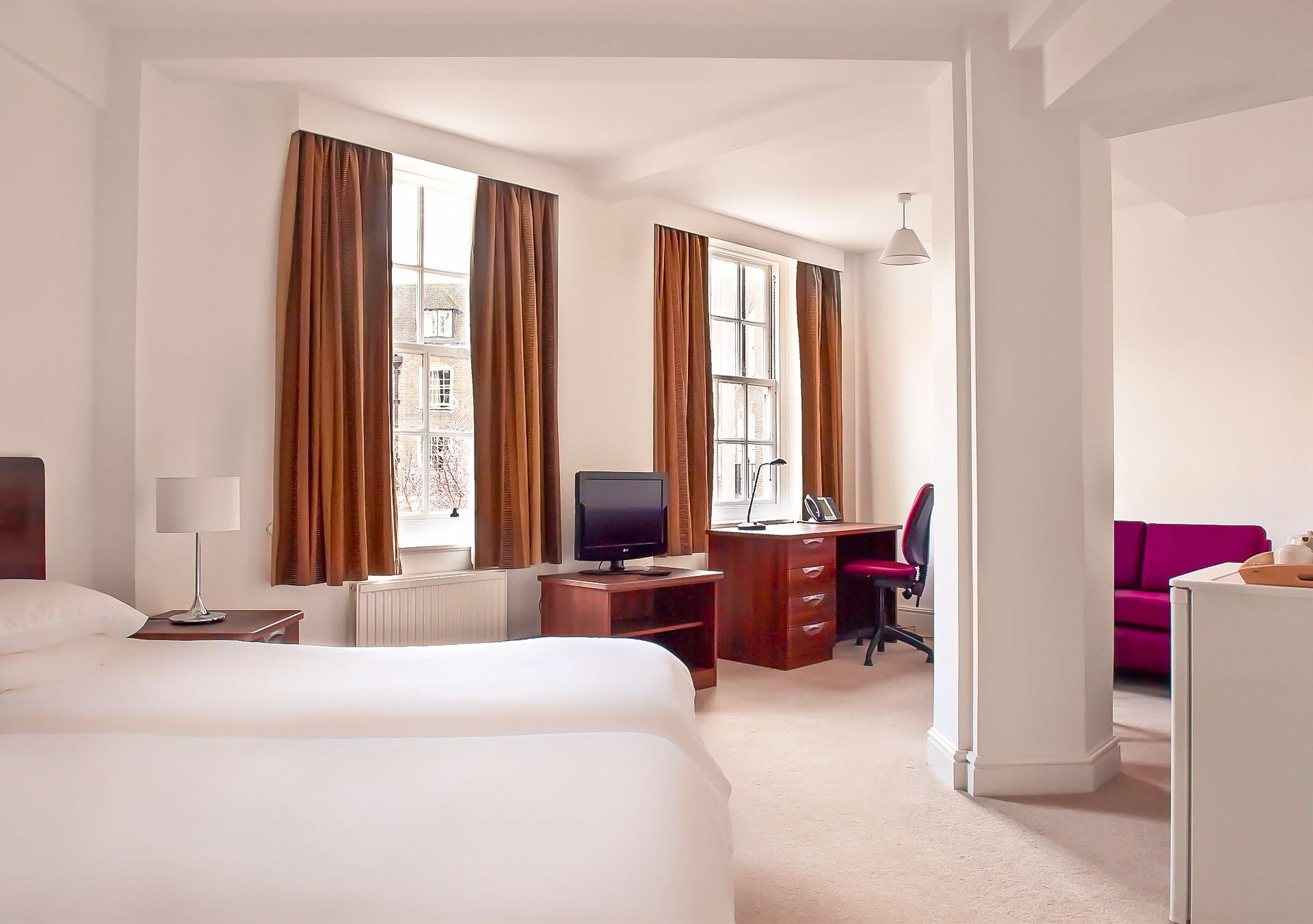An introduction to Belfast:
Belfast is the capital of and largest city in Northern Ireland, as well as the second largest city in Ireland. It is a centre for industry, as well as the arts, higher education and business, and is the economic engine of Northern Ireland.
Activities of interest in Belfast:
There is a great deal to attract visitors to Belfast. Filled with history and culture, it is said to have inspired C.S. Lewis's Narnia, being the city in which he grew up. The city was also where parts of Game of Thrones were shot, which has had a postive impact on tourism in the area.
Museums include the Ulster Museum, located in the Botanical Gardens, featuring material from collections of fine art, archaeology, local history, botany, zoology and geology. The Ulster Folk and Transport Museum is set in over 170 acres of countryside. The outdoor Folk Museum tells the story of life in the 19th and early 20th century Ulster whilst The Transport Museum displays Ireland's largest transport collection, from horse-drawn carts to Irish built motor cars such as the DeLorean which featured in the film, Back to the Future.
19th Century Belfast Castle sits on Cave Hill, commanding excellent views of the city. With trails for walkers, a restaurant, an adventure playground and Belfast Zoo close by, it is a great family day out.
The Crown Liquor Saloon is one of the oldest landmarks in Belfast. With elaborate tiling, stained glass and woodwork by Italian craftsmen, the pub had the reputation of being one of the finest Victorian Gin Palaces of its time and is still serving quality drinks and food to the present day.
For shoppers, Smithfield Market, located at West Street and Winetavern Street contains a range of shops selling a wide range of goods. The Lisburn Road, in the Queen’s Quarter, is renowned for chic shops, cafés and bars, as well as many of Belfast's private art galleries. Victoria Square is home to over 50 stores, from upmarket designer brands to high street favourites.
Getting to Belfast:
Belfast is served by two airports. The main one, Belfast International Airport, is approximately 17 miles from Belfast city centre and handles both international and domestic flights. George Best Belfast City Airport is situated 3 miles from the city centre and mainly handles domestic flights within Ireland and the UK. Scheduled flights operate to England, Scotland, the Isle or Man and the Republic Of Ireland. The main airline operating out of the airport is FlyBE.
By Rail:
Belfast Central Station is Belfast’s main railway station. It is located close to the Waterfront Hall and St George’s Market - about a ten minute walk from the City Hall and the city centre.
By Road from Dublin:
Starting out from Dublin Airport, the M1 Motorway is well signposted for Belfast; this is a toll road and there is one Toll Plaza approximately 31 km from Dublin Airport. The motorway ends at Newry (approximately 94 km from the Dublin Airport) and at this point there is a roundabout; take the 2nd exit onto the Newry Bypass. Follow the signs for Belfast, passing through two further roundabouts; at the final and 4th roundabout take the first, left exit for Belfast (this road is the A1) and continue on this road signposted for Belfast. At the Sprucefield roundabout (approximately 137 km from Dublin Airport) the A1 joins the M1 motorway (signposted The North, Belfast). Once within the Greater Belfast area the signs will display as City Centre. At Grosvenor Road Junction (approximately 152 km) leave the motorway and follow signs City Centre onto the B38.
By Sea:
Arrive at Belfast Harbour
Regular scheduled ferry services operate between Northern Ireland and Great Britain. Stranraer, Troon and Cairnryan in Scotland, and Fleetwood and Liverpool in England bring both foot passengers, cars and other vehicles into the area through the two ferry ports of Belfast and Larne in Co Antrim.
P & O Irish Sea:Troon & Cairnryan to Larne and Dublin to Liverpool.
www.poirishsea.com
Stena Line: Stranraer to Belfast, Fleetwood to Larne, Holyhead to Dublin & Dun Laoghaire, Fishguard to Rosslare. www.stenaline.co.uk
Irish Ferries: Holyhead to Dublin, Pembroke to Rosslare, Roscoff & Cherbourg to Rosslare. www.irishferries.com
Stena Line Irish Sea Ferries: Liverpool to Belfast. www.stenaline.co.uk
